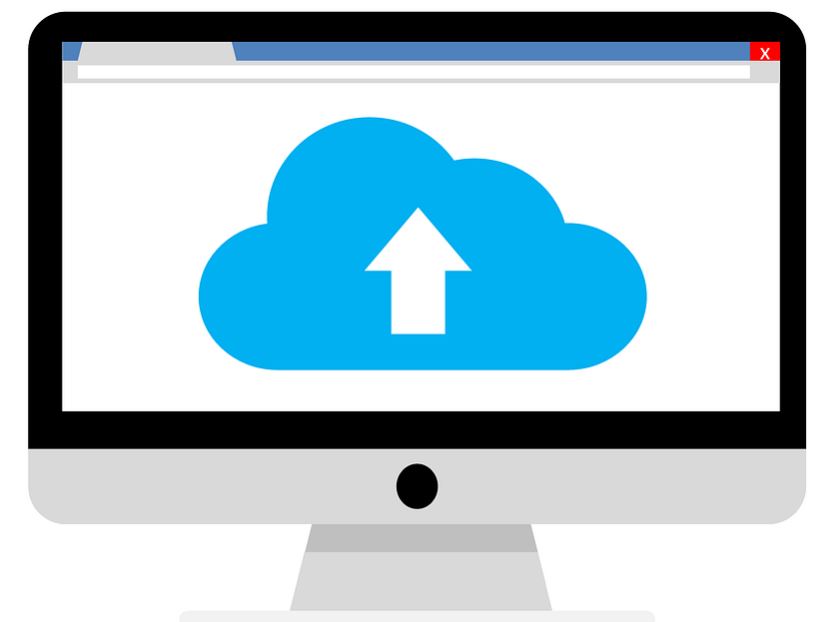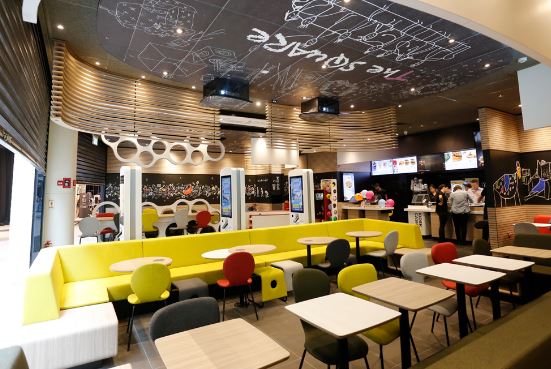Cloud technology is going to be the future of business, potentially for decades to come. What’s particularly fascinating is what a basic concept it is.

But the basic idea of storing your important information in virtual space has countless practical applications, and smart entrepreneurs are finding creative ways to use cloud-based systems to tackle the unique problems specific to their discipline.
This is just a sample of the diverse varieties of business making use of cloud technology and how they’re incorporating it into their existing systems.
1] Education
Operating a school is difficult, particularly when you take budgeting into consideration. Keeping hundreds or even thousands of students on the same curriculum is tough, and that’s equally as true for keeping teachers on the same page.
Many schools are beginning to incorporate cloud technology as a way to bring more structure to their curriculum. New businesses are offering platforms that teachers can use to communicate with their students and that students can use to collaborate with one another.
These platforms allow teachers to answer questions directly through chat apps even after hours, gives students the means to submit their assignments digitally, and allows parents a more transparent view of their child’s success by tracking their grades in real time.
2] Construction
There’s always been a divide between the people on the ground and the management in the construction industry, but cloud technology is being used to bridge that gap. Through the use of RFID tags, materials can be tracked via the cloud in real time.
Expense management is similarly far easier to oversee, particularly in companies that are juggling multiple job sites at any given time. Traditional phones and radios are giving way to messenger apps that foremen can use to stay in touch with headquarters and keep the whole team abreast of changing deadlines and new complications.
3] Restaurants and Retail
Brick and mortar commerce has been especially eager in its adoption of cloud systems, in part due to stiff competition with online retailers.

Cloud POS software is the beating heart of many of these operations, allowing managers and owners to easily oversee the operations of multiple locations at the same time.
Modern cloud POS software incorporates or coordinates with a wide variety of platforms to provide a meticulous view of every aspect of day-to-day operations.
From inventory management to seating reservations to financial records, practically everything an owner could need is now available at their fingertips, and they can access it regardless of where they happen to be.
4] Consumer Communications
Cell phones have grown to be an important component of most people’s daily lives. Phones are no longer just a way to stay in touch with friends and family. They’re the go-to source for storing and sharing memories and managing social media platforms.
As this demand grows, cloud storage is becoming an increasingly important part of any cell phone ecosystem. It’s a practical demand for most modern markets, and regions with lagging adoption rates, such as India, are already seeing a consumer demand for more holistic cloud solutions.
5] Marketing
The marketing and advertising industries are one of the most prolific adopters of cloud technology, and it’s an act of necessity. Consumers make more of their decisions online, and cloud-based software as a service platforms give marketers the tools to reach wider demographics than ever before.
Cloud-based customer relationship management systems and email marketing platforms are a hot commodity in the industry, as they allow marketing professionals to cast a far wider net while still providing personalized outreach to individual customers.
